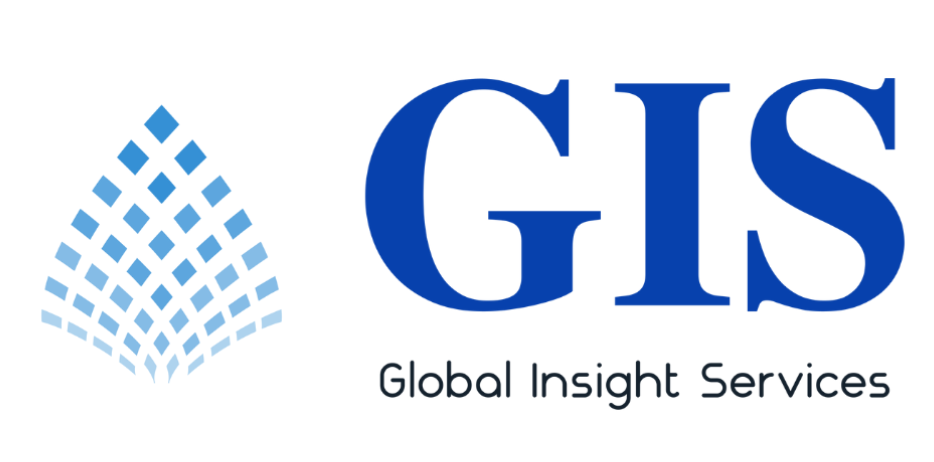The Low Earth Orbit (LEO) Satellite Market is entering a period of rapid expansion, driven by demand for high-speed connectivity, advanced earth observation, and new applications in scientific research and defense. Valued at $9.8 billion in 2024, the market is projected to reach $23.4 billion by 2034, growing at a CAGR of 9.1%. LEO satellites, which orbit between 180 and 2,000 kilometers above Earth, are becoming central to the global space economy.
Telecommunications remains the dominant application, accounting for nearly half of the market, while earth observation and navigation services are also gaining momentum. The push for global broadband coverage, alongside the rise of Internet of Things (IoT) applications, is reinforcing the need for robust satellite networks. Private and public investments are fueling innovation in miniaturization, propulsion, and reusable rocket technology, making LEO satellites more affordable and accessible.
Click to Request a Sample of this Report for Additional Market Insights:https://www.globalinsightservices.com/request-sample/?id=GIS21088
Market Dynamics
Several forces are shaping the LEO satellite market. Rising internet demand in underserved regions is one of the most powerful drivers, as companies deploy constellations of satellites to provide affordable and reliable coverage. Earth observation applications are also growing, with satellites delivering real-time data critical for agriculture, environmental monitoring, and disaster management.
At the same time, challenges exist. The cost of development, congestion in orbit, and the risk of space debris highlight the need for strong regulatory oversight and collision-avoidance technologies. Spectrum allocation and international cooperation remain vital to avoid interference and enable sustainable growth. Meanwhile, geopolitical tensions and supply chain vulnerabilities are pushing many nations to develop indigenous satellite capabilities and diversify partnerships.
Key Players Analysis
A dynamic mix of established players and emerging startups defines the competitive landscape. Companies such as SpaceX (Starlink), OneWeb, and Amazon’s Project Kuiper are leading the charge in building massive satellite constellations. These firms are setting the pace for global broadband deployment.
Other players like Planet Labs, Spire Global, Iceye, Capella Space, and BlackSky specialize in earth observation, offering high-resolution imagery and advanced analytics services. Startups such as Fleet Space Technologies, Astrocast, and Myriota are carving niches in IoT connectivity. Together, these players highlight the diversity of the market and the opportunities across communication, observation, and navigation.
Regional Analysis
North America dominates the market, led by U.S. companies with strong government backing and deep investments in space innovation. Canada also contributes significantly through communication and environmental satellite applications.
Europe follows closely, with nations such as Germany, France, and the U.K. pushing forward sustainable space solutions and benefiting from the European Space Agency’s collaborative initiatives.
In Asia-Pacific, China and India are investing heavily in expanding their satellite programs, strengthening national security, and meeting growing demand for internet connectivity. Japan and South Korea are also emerging as key players, focusing on advanced satellite technologies.
Other regions, including Latin America and the Middle East & Africa, are gradually investing in LEO satellite applications. Brazil, Mexico, and the UAE are notable contributors, driven by connectivity needs and agricultural advancements.
Recent News & Developments
The last few months have seen several key developments in the LEO satellite market. SpaceX partnered with T-Mobile to improve satellite-to-mobile connectivity, aiming to eliminate coverage gaps. OneWeb secured additional funding from SoftBank to expand its constellation, while Amazon’s Project Kuiper successfully launched prototype satellites.
In regulatory news, the U.S. Federal Communications Commission (FCC) granted new licenses for LEO operators, broadening market participation. Lockheed Martin and Thales Alenia Space also announced a joint venture to accelerate satellite production, signaling industry efforts to scale deployment while reducing costs.
Browse Full Report:https://www.globalinsightservices.com/reports/leo-satellite-market/
Scope of the Report
The report provides a comprehensive analysis of the LEO Satellite Market, covering historical data from 2018 to 2023 and forecasts from 2025 to 2034. It examines market segmentation by type, product, services, technology, application, and end user. In addition to quantitative insights, the report offers competitive landscape analysis, value-chain perspectives, SWOT, PESTLE analysis, and key industry developments.
Discover Additional Market Insights from Global Insight Services:
Risk Analytics Market is anticipated to expand from $22.1 billion in 2024 to $68.5 billion by 2034, growing at a CAGR of approximately 12%.
Managed Security Services (MSS) Market is anticipated to expand from $30.5 billion in 2024 to $75.6 billion by 2034, growing at a CAGR of approximately 9.5%.
Voice and Speech Recognition Software Market is anticipated to expand from $14.1 billion in 2024 to $53.8 billion by 2034, growing at a CAGR of approximately 14.3%.
Network Security Firewall Market is anticipated to expand from $5.1 billion in 2024 to $13.5 billion by 2034, growing at a CAGR of approximately 10.2%.
Data Center Colocation Market is anticipated to expand from $54.8 billion in 2024 to $131.0 billion by 2034, growing at a CAGR of approximately 9.1%.
Contact Us:
Global Insight Services LLC
16192, Coastal Highway, Lewes DE 19958
E-mail: info@globalinsightservices.com
Phone: +1-833-761-1700
Website: https://www.globalinsightservices.com
About Global Insight Services:
Global Insight Services (GIS) is a leading multi-industry market research firm headquartered in Delaware, US. We are committed to providing our clients with highest quality data, analysis, and tools to meet all their market research needs. With GIS, you can be assured of the quality of the deliverables, robust & transparent research methodology, and superior service.

